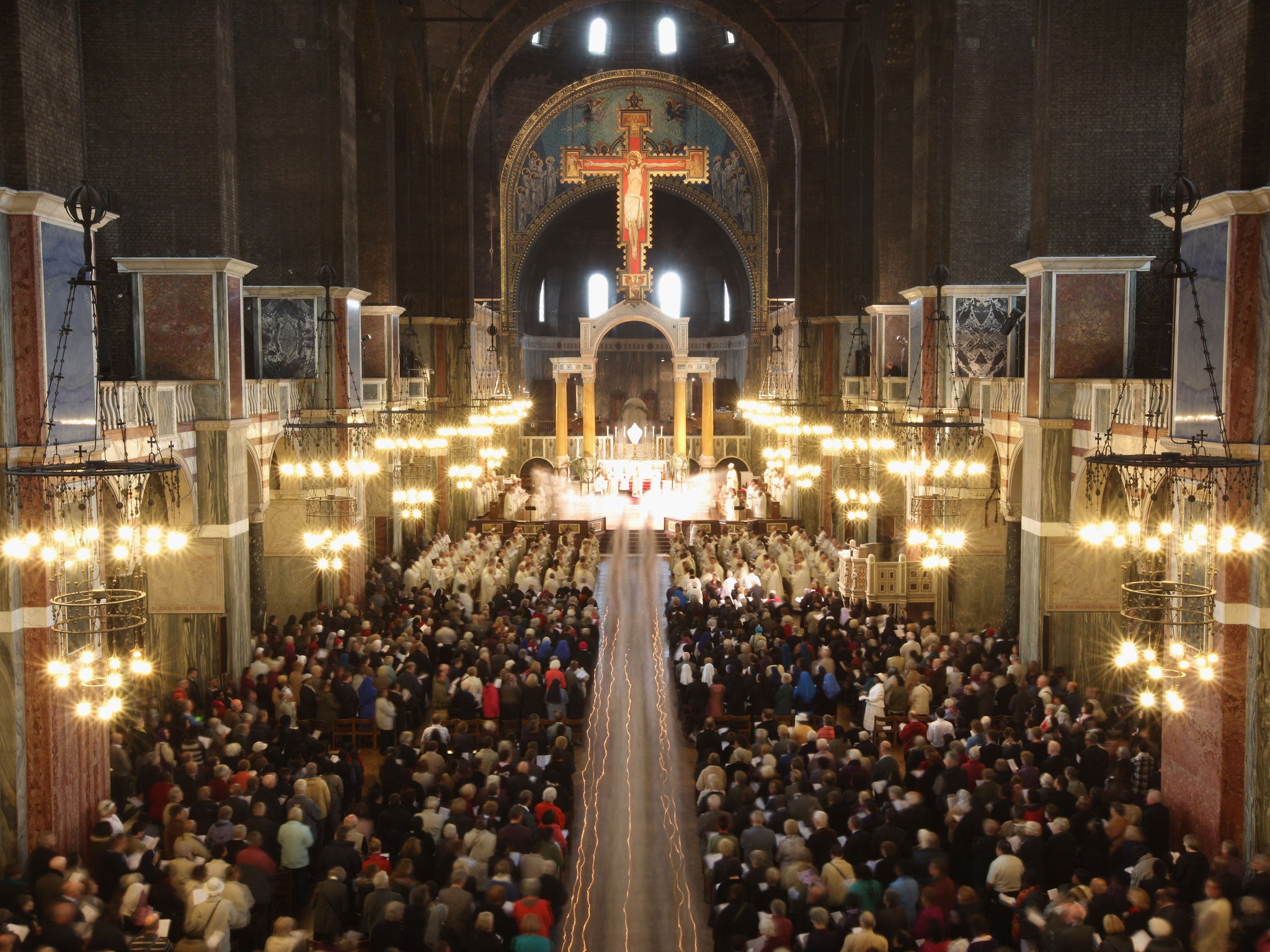Ultimate Questions by Bryan Magee, book review: A wonder-full life
Magee's book is a summation of what he has concluded about "the fundamentals of the human situation" as he approaches his 86th birthday

Your support helps us to tell the story
From reproductive rights to climate change to Big Tech, The Independent is on the ground when the story is developing. Whether it's investigating the financials of Elon Musk's pro-Trump PAC or producing our latest documentary, 'The A Word', which shines a light on the American women fighting for reproductive rights, we know how important it is to parse out the facts from the messaging.
At such a critical moment in US history, we need reporters on the ground. Your donation allows us to keep sending journalists to speak to both sides of the story.
The Independent is trusted by Americans across the entire political spectrum. And unlike many other quality news outlets, we choose not to lock Americans out of our reporting and analysis with paywalls. We believe quality journalism should be available to everyone, paid for by those who can afford it.
Your support makes all the difference.Bryan Magee has lived a life steeped in philosophy, retaining a generalist's vision by avoiding the narrowing specialisation of academe. In his two acclaimed television series, Men of Ideas (1978) and The Great Philosopher (1987) he proved that in the hands of a great communicator, two people sitting around chatting about philosophy could be utterly gripping.
This book is a summation of what Magee has concluded about "the fundamentals of the human situation" as he approaches his 86th birthday next month. Its central theme is that we humans know very little. Reality comes to us only through the filter of our senses and it would be an absurd hubris to believe that this lets all the light get in. It must be the case that "aspects of reality exist that are permanently outside the possibility of human apprehension," and any claim to the contrary is "unworthy of head-space".
We are also confined by the limitations of language. The fundamental problem is that every experience is particular but words and concepts are by their nature general. So every time we put something into words we drain it of something of its unique nature. The consequence of this is that "everything that matters most cannot be talked about". This is why music and art are so important.
This picture of reality leaves us ignorant even of our own ultimate natures. Hence the human predicament is that "We, who do not know what we are, have to fashion lives for ourselves in a universe of which we know little and understand less."
For many, this is too uncomfortable a place to be. For Magee, however, if we do not accept that life is like a jigsaw with pieces missing we will end up jamming the bits we have together, creating a distorted mess. This is what happens when people try to fill the void of the unknown by appeal to religion, which he argues is simply using a mystery to explain a mystery, a miracle to explain a miracle. "Religious discourse," he claims, "is a form of unjustified evasion, a failure to face up to the reality of ignorance as our natural and inevitable starting-point."
Living and dying in a world we accept we do not understand may not sound easy, but if Magee is any guide, the reward of doing so is endless and profound wonder. "In the life I have actually lived I have always had an active sense that the world is miraculous," he writes "and that being alive in it is thrilling." His wonderment is infectious. Readers will surely share his astonishment that "the whole of civilisation has occurred within the successive lifetimes of 60 people."
The flipside of this is that he has always been afraid of "the prospect of permanent oblivion" in which this entire magical world vanishes for good. Age and the knowledge that he has had a good innings has taken some of the edge off this fear, but it has not entirely gone away.
Magee doesn't always match his clarity of expression with rigour of argument, sometimes ignoring his own principle that the feeling "Yes, surely this must be right" is "not a validation, not even a credential". But this can be excused. Plato and Aristotle claimed that philosophy begins with wonder. Magee is proof that for some, the wonder never dies, it only deepens.
Princeton, £11.95. Order at £10.45 inc. p&p from the Independent Bookshop
Join our commenting forum
Join thought-provoking conversations, follow other Independent readers and see their replies
0Comments